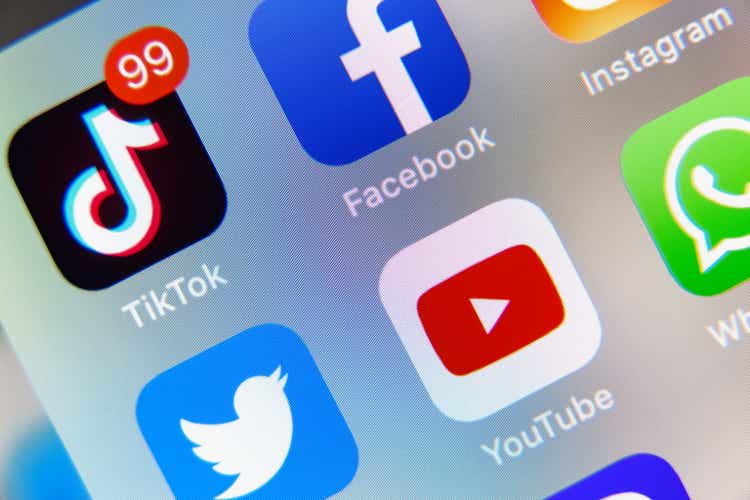
5./15 WEST
What are the boundaries of the First Amendment? That’s a question that continues to be asked in the 21st century, as the tech revolution evolves from the dot-com era to social media and generative AI. At the forefront of the latest free speech discussion is TikTok, which has exploded in popularity in recent years and now has 170M users in the U.S. The app, however, is owned by Chinese parent ByteDance (BDNCE), prompting serious concerns that it can be used for espionage or algorithmic propaganda manipulation. Others call the worries overblown, even likening them to a new Red Scare.
Flashback: Former President Donald Trump sought to ban TikTok and force a sale of its U.S. business to an American company, and while a transaction with Oracle (ORCL) almost went through in 2020, the lawsuits piled up and an injunction was granted to prevent the app from being outlawed. The Biden administration later revoked the planned ban, but their positions on the matter have since reversed following a national security review. President Biden signed the PAFACA Act in April, which effectively banned TikTok in the U.S. by 2025 (unless it was divested), while Trump has vowed to “save TikTok in America” after calling Facebook (NASDAQ:META) the “enemy of the people.”
Things are now being hashed out in the legal system, where the case was presented before a three-judge panel in the U.S. Court of Appeals. “For the first time in history, Congress has imposed [an] extraordinary speech prohibition based on indeterminate future risks,” argued Andrew Pincus, a partner at Mayer Brown representing TikTok. “Data would be extremely valuable to a foreign adversary trying to compromise the security states, [for] knowing what Americans’ patterns are, who their contacts are, where they go, who they interact with, and what sorts of content interests them,” countered DOJ lawyer Daniel Tenny, adding that much of the government’s evidence is under seal as it could harm national security.
Outlook: The battle is likely to end up at the Supreme Court, which would decide on remedies or uphold a ban that may benefit rivals like Instagram Reels (META), YouTube Shorts (NASDAQ:GOOG) (NASDAQ:GOOGL) and Snapchat Spotlight (NYSE:SNAP). China has warned that any “such practice of resorting to hegemonic moves” would “inevitably come back to backfire on the United States itself,” though it’s important to note that Beijing doesn’t allow any American social media companies to operate within its borders. More importantly, the case will cement the U.S. national security playbook for dealing with China, which has already seen trade wars, export curbs and a heavy dose of protectionism.
More on TikTok
- Montana’s state-wide ban on TikTok blocked by federal judge
- TikTok parent ByteDance has reportedly approached banks for $9.5B corporate loan
- TikTok disputes US claims on ties with China in court filing
- Over 50 U.S. lawmakers and 21 states back DoJ’s defense in TikTok ban
- Amazon to let TikTok users shop select products without leaving the video app
